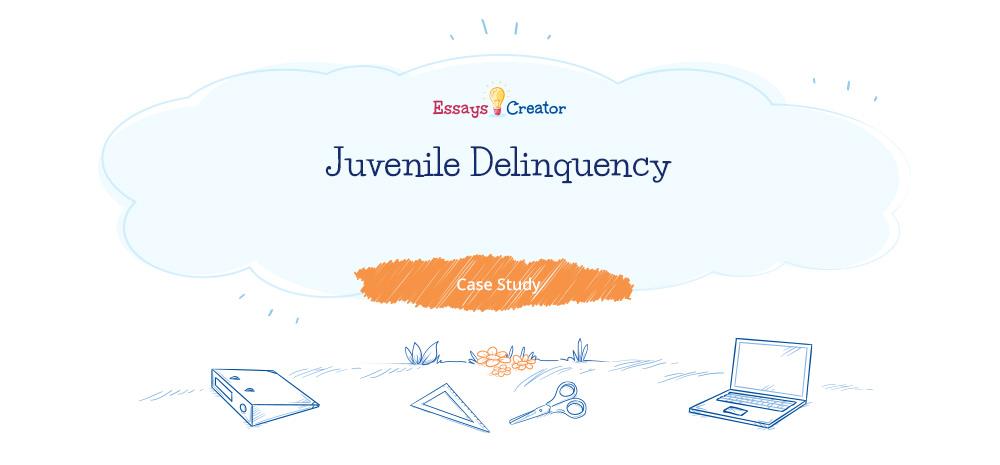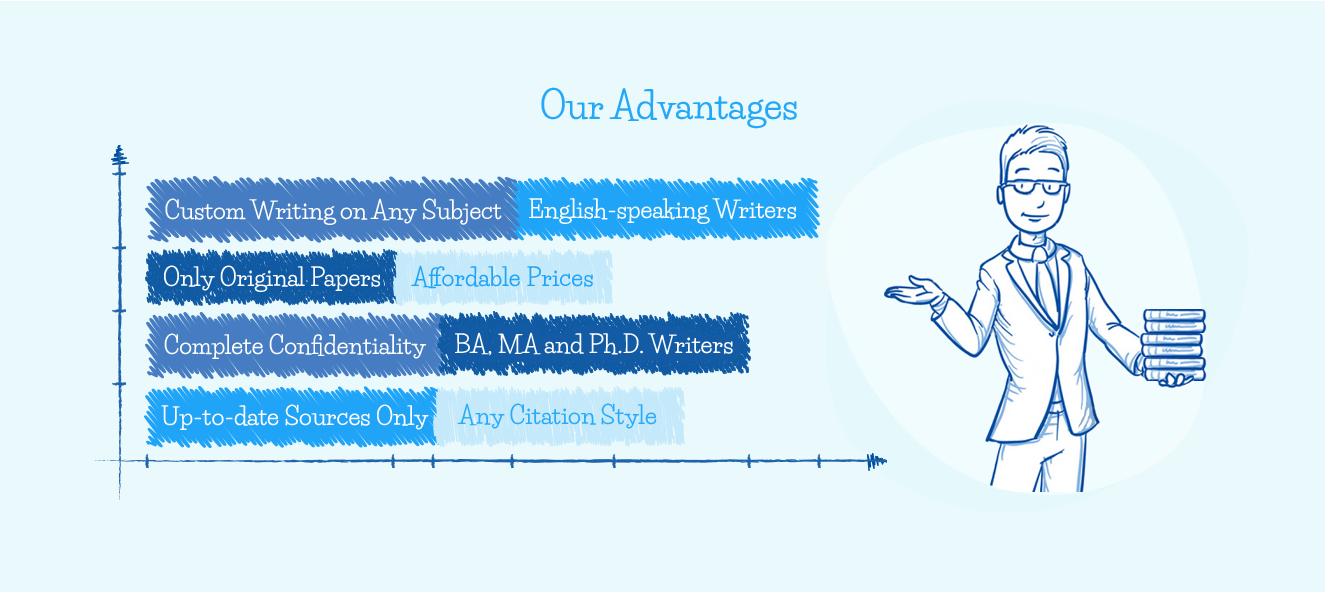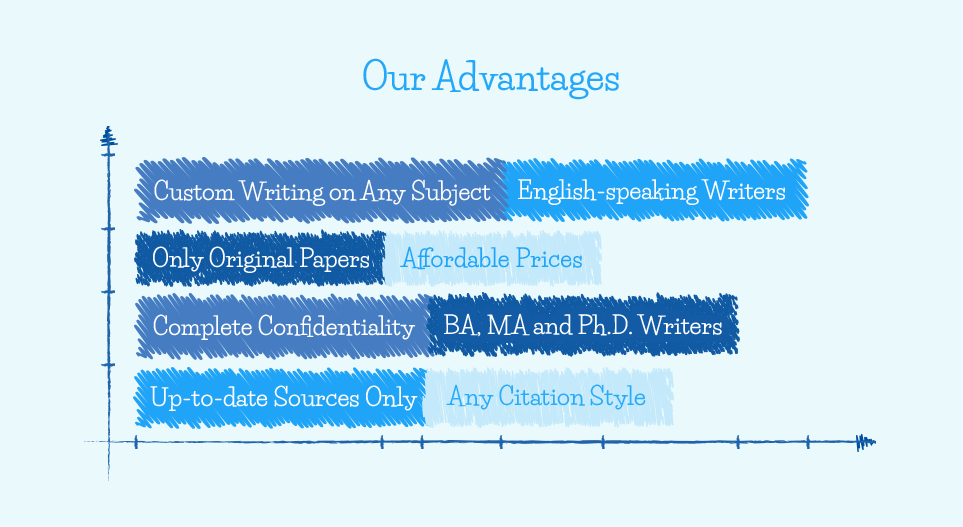
Introduction
Various questions have continued to plague the US justice system as to whether the law should treat juvenile and adult offenders differently. With more violent actions of juvenile offenders making headlines, the controversial debates continue to intensify. In this paper, we will discuss the subject of juvenile justice. The discussion will borrow from a related court case reported in a news article.
Article Synopsis
Article Title: Boy, 12, faces grown-up murder charges
Source: CNN
Author: Chen, Stephanie
Date: 15th March 2010
Order your Research Paper help today!
The article reports on a 2009 murder incident where a 26-year-old eight months pregnant Kenzie Houk was found lifeless with a gunshot wound in her head. The search for her killer led to the arrest of a 12-year-old-boy named Jordan Brown, the most unexpected murder suspect. The residents of Wampum, Pennsylvania, were surprised by his unexpected actions. They always saw him as a jovial, smiley, interactive, and innocent 5th-grade boy. He pleaded not guilty to the charges. However, he was accused of two counts of murder, one for Kenzie and the other for the unborn baby (Chen, 2010). Jordan was arrested and placed in an adult detention facility, the Lawrence Country Jail. After complaints from his attorney, Jordan was transferred to juvenile jail, the Edmund L. Thomas Adolescent Detention Center. As Jordan awaited trial in the juvenile detention center, questions arose as to whether such a young boy should be tried in an adult court. The prosecutor, John Bongivengo of the Lawrence County District Attorney’s Office, said that the boy’s case was so complicated because of his tender age and the severity of the offense he is accused of committing. However, he said that he had two options: to charge him as an adult, or not to charge him at all. According to him, failure to charge him at all was not feasible at all (Chen, 2010). The Pennsylvanian laws do not define the lower age limit when an offender can be charged as an adult. Jordan Brown would thus perhaps face a life sentence without the possibility of parole. In the end, the boy was given a life sentence with no parole (Chen, 2010).
The link between the Case and the Reading Chapter
Various parts of the chapter reading apply to the case. Overall, the chapter argues that juveniles should be subjected to lenient and less harsh punishments for offenses they commit as compared to adults (Ochs, 2012). For example, let us assume that a 12-year-old, such as Jordan Brown in this context, has committed criminal conduct, such as murder, similar to a 24-year-old adult. In such as case, undoubtedly, the criminal conduct of a 14-year-old is not the same kind of conduct for a 24-year old. As such, the response of society should not be to look at the fact that the criminal conducts are the same. That does not make sense. The best thinking is that they have had different life experiences and have different degrees of wisdom and thinking, which influence their actions. Therefore, just as the chapter argues, the court case in this context contends that young offenders should be rehabilitated so that they have a better life with no repeat of the offenses. Society should not give up on young offenders as it would do to adult offenders. Therefore, the case and the chapter seem to agree that juvenile offenders should be treated with leniency.
Opinion
The decision to charge or not charge a minor depends on various circumstances, but very generally, a minor of below 14 years has not achieved the level of decision-making, experiences, maturity, thought process, and wisdom of an adult offender (Ochs, 2012). Therefore, juvenile offenders deserve lenient rather than harsh treatment. Moreover, it is likely that a minor, who is still growing, will not appreciate the consequences of the offense committed. When rehabilitated rather than punished, a young offender can change significantly for the better than an adult offender. For these reasons, I suggest that the criminal and justice system should try to correct and straighten juvenile offenders through appropriate programs that impact behavioral change. Through that, then we have a chance to salvage the children vulnerable to crime.











